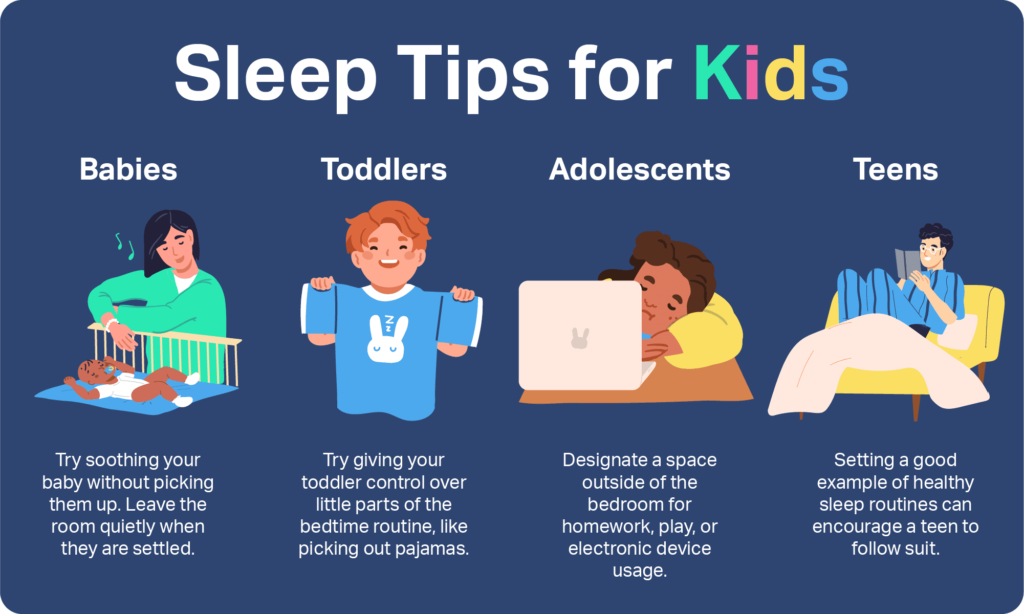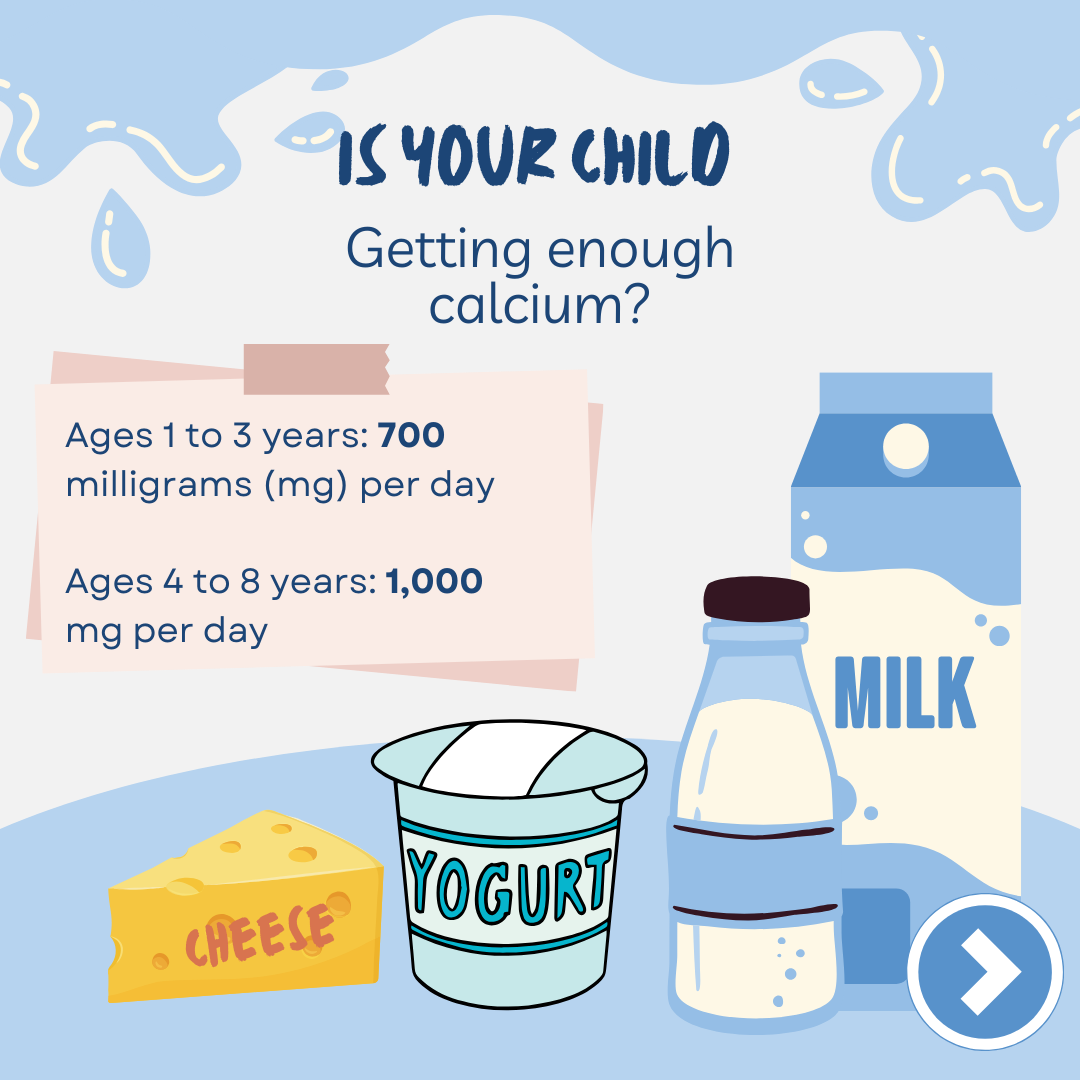
2024-10-21
By Dr Sudip Chowdhury
Building a Healthy Sleep Routine for Children
Sleep is an essential building block for your child’s mental and physical health. But if you’re finding it impossible to help your toddler sleep, you’re not alone. The American Academy of Pediatrics estimates that sleep problems affect 25 to 50 percent of children and 40 percent of adolescents.
Understanding their sleep needs is the first step towards providing better sleep for your children. Through a combination of sleep hygiene, age-appropriate routines, and close attention to any sleep disorders, you can help your child get the rest they need to grow up strong and healthy.
Why Is Sleep Important for Children?
Sleep is especially important for children due to the impact it has on both mental and physical development. Sleep is the time for restoration and for children's bodies to recharge and retain the information they have learned throughout the day.
What Happens When Children Don’t Get Enough Sleep?
Children who don’t get enough of sleep end up being grumpy and hyperactive, with effects that can mimic ADHD. Sleepiness can also affect your child’s ability to pay attention, with ramifications for their performance in school
According to the American Academy of Pediatrics (AAP), a quarter of children under the age of 5 don’t get adequate sleep. This is worrying because poor sleep in early childhood has been linked to allergic rhinitis and high blood pressure.
In adolescents, inadequate sleep can have long-term effects on academic performance and mental health. It is a risk factor for substance abuse and mental health problems, as well as more immediate problems such as car crashes and sports injuries.
What does a typical bedtime routine seem like?
A typical bedtime routine might include:
- Turning off computers, TV screens, video games, and other bright lights.
- Putting on a comfortable night dress and brushing teeth
- Reading a light book, singing a lullaby, or taking a bath
- Picking a stuffed animal or security blanket for the night for toddlers
The best time to put your child to bed is when they’re sleepy, not when they’re already asleep. This helps them learn how to fall asleep on their own. If preschool children wake up in the middle of the night, walk them back to their bed.
Sleep Hygiene Tips for Kids
Daytime habits also affect sleep. You can promote restful slumber in your children by following basic rules of Sleep Hygiene
- Arranging a balanced schedule with interspersed periods of rest and play
- Keeping a regular bedtime
- Making the bedroom comfortable with a comfy mattress
- Providing a healthy diet.
- Setting the thermostat to a slightly cooler temperature.
- Using dark curtains to block out light, or a nightlight if they’re scared of the dark
- Keeping the bedroom quiet, or using a white noise machine to mask outside sounds
- Avoiding caffeine, large meals, and sugary treats before bedtime, opting for a healthy bedtime snack if necessary
It’s important to give your child regular exercise, but don’t fall into the trap of exhausting your child to have them sleep better at night. This will make them overtired and actually make it harder to fall asleep. Learn to recognize the special level of hyper that means your toddler is too tired, so you can put them to bed before things turn sour.
- Sleep tips for toddlers: Young toddlers have a sleep schedule supplemented by napping during the day. Toddler sleep problems are compounded by separation anxiety and a fear of missing out, which translates to stalling techniques and stubbornness at bedtime. Try to be patient, firm, yet loving because power struggles are likely to elicit a stronger response from them.
- Sleep tips for school kids: Between academic, social, and extracurricular obligations, school-age children often have busy schedules that can make it difficult to get a good night’s sleep. Wherever possible, try to follow a consistent schedule and a wind-down period before bed. To strengthen the association between the bedroom and sleep, have them do homework or other activities in another room where possible.
- Sleep tips for teenagers: Teenagers are programmed to have a later circadian rhythm which can create a problem with school start times. You can help your teenager by acknowledging the increased demands on their time and working together to find a healthy sleep schedule that works with their lifestyle. Teenagers appear to imitate their parents to a certain extent when it comes to sleeping, so one of the best things you can do to help them develop a healthy sleep pattern is to keep a good sleep routine.
Establishing healthy sleep habits in children is crucial for their physical growth, cognitive development, and emotional well-being. By creating a consistent routine, promoting a calming bedtime environment, and ensuring age-appropriate sleep durations, parents can help their children thrive both mentally and physically. Good sleep today lays the foundation for a healthier tomorrow.





Leave a comment